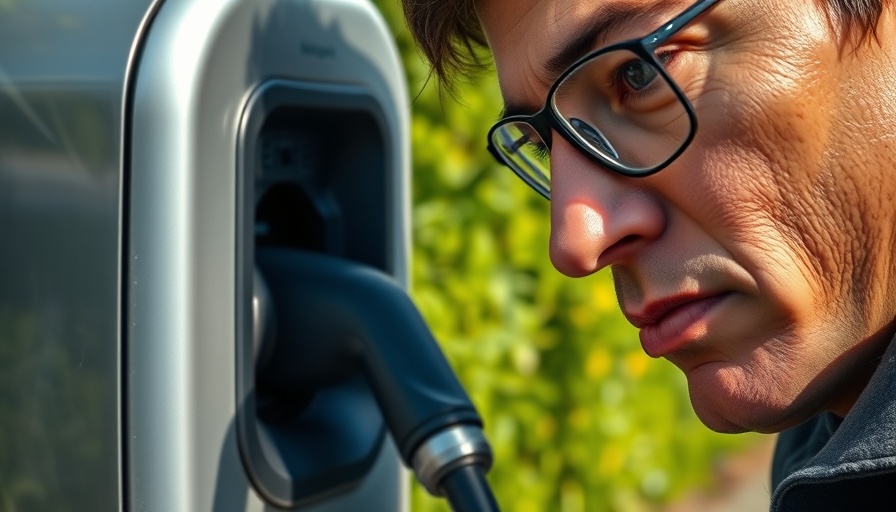
Join the Conversation: Legislative Updates for the Motorcycle Industry
The Independent Motorcycle Aftermarket (IMA) is hosting a crucial legislative update in Las Vegas this February, led by the renowned activist and founder Bob Kay. With decades of experience dedicated to the motorcycle aftermarket, Kay’s leadership is pivotal for addressing the industry’s pressing issues. This event is particularly timely, as it coincides with the AIMExpo, giving industry professionals a unique opportunity to engage and learn about upcoming legislative changes that could impact their businesses.
Why This Meeting Matters for Motorcycle Dealers
This legislative conference is designed specifically for leaders in the motorcycle retail space, such as dealer principals, general managers, and finance managers. The impact of pending legislation on the aftermarket can mean profound changes in how businesses operate. Kay emphasizes the urgency of understanding these legislative developments, stating, "While many have recently become aware of dangers to the growth and longevity of our industry, the IMA has been working our ground game for over two years. We are ready to introduce legislation that will protect our interests and ensure a thriving aftermarket."
A Lifetime of Experience Advocating for the Aftermarket
Bob Kay's dedication to the motorcycle aftermarket spans over fifty years. He has become a pivotal figure in the fight to preserve our rights to repair and modify motorcycles, as well as to choose internal combustion as our power source. His experience and advocacy provide invaluable insights for attendees. Having an industry veteran at the helm of this update ensures that the content will be both relevant and practical for the professionals present.
Networking and Collaboration Opportunities
The event is not only a platform for information sharing but also a chance for attendees to network with fellow motorcycle dealers and industry professionals. Engaging with like-minded individuals allows for the exchange of ideas and strategies that can benefit everyone involved. Kay will also take questions from the audience, providing a space for critical discussions on legislative concerns and industry growth.
Event Logistics and Participation Details
This informative session will take place at Cornish Pasty in Las Vegas on February 5, 2025, at 6:00 PM, right after AIMExpo hours. Interested participants are encouraged to RSVP via email or text, ensuring their spot in this vital conversation regarding the motorcycle aftermarket’s future. This gathering represents a collaborative effort to safeguard the interests of the motorcycle community as legislation evolves.
Prepare for the Future of the Motorcycle Aftermarket
In an industry marked by rapid changes and challenges, staying informed is essential for success. Attending the legislative update hosted by the IMA can equip dealers with actionable intelligence to navigate potential legal obstacles and optimize their retail strategies. By understanding how legislation could influence the aftermarket, dealers can better prepare their businesses for future developments.
 Add Row
Add Row  Add
Add 




Write A Comment